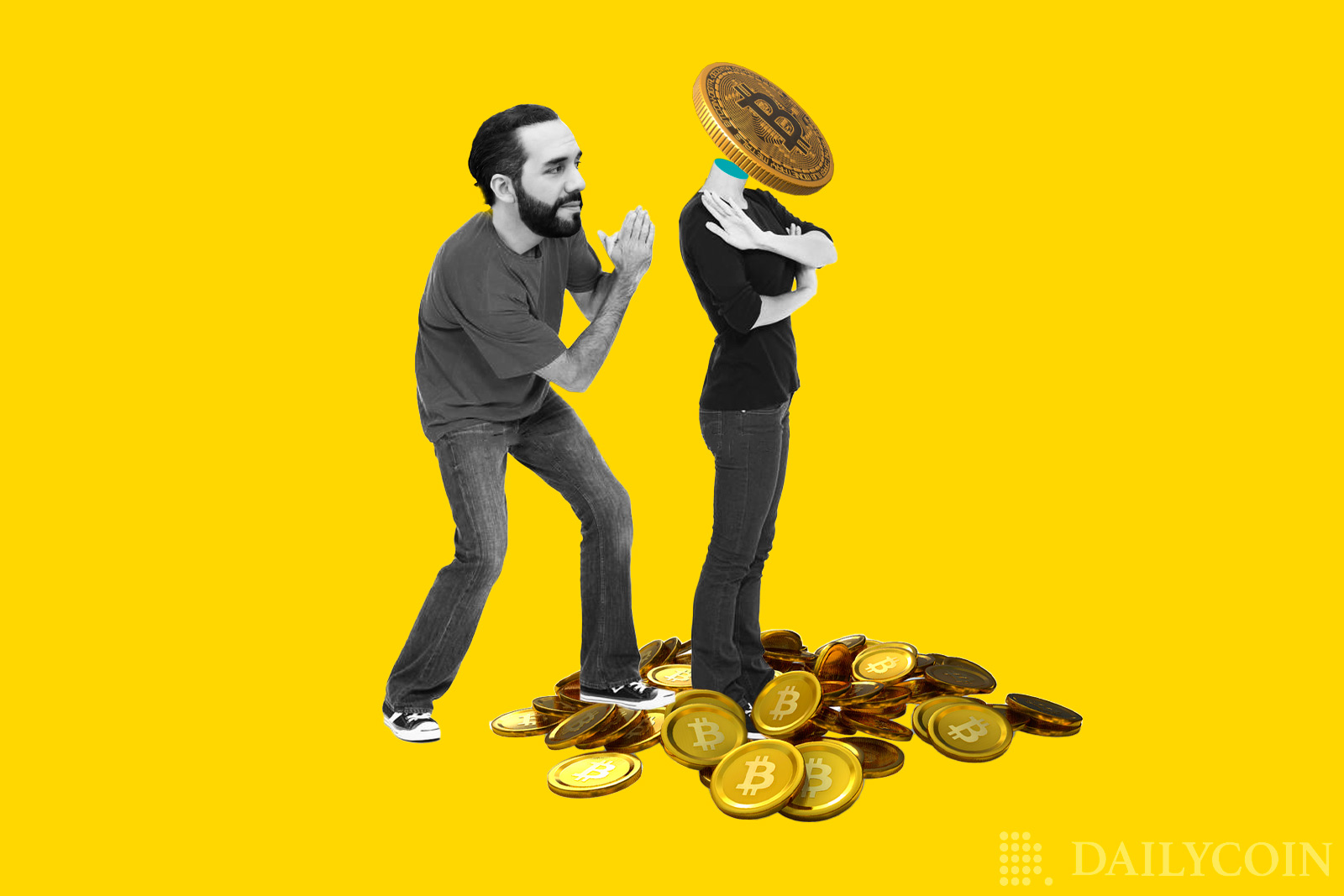
- El Salvador’s Nayib Bukele claims the country’s economic shape is stable
- The highly anticipated Bitcoin-backed Volcano Bonds have been postponed twice
- The Crypto President sent two bills to Congress to authorize funds for a $1.6B loan buyback
As many investors fear that El Salvador is about to default on its $800 million loan in January 2023, President Nayib Bukele stepped in to convince investors the country’s financial situation is under control. Today, the Congress of El Salvador received two bills, enabling the government to buy back $1.6 billion of sovereign debt.
Today we are sending 2 bills to Congress to ensure that we have the available funds to make a transparent, public and voluntary purchase offer to all the holders of Salvadoran sovereign debt bonds from 2023 to 2025 at whatever the market price is at the time of each transaction.
— Nayib Bukele (@nayibbukele) July 26, 2022
El Salvador Has All the Needed Liquidity, Says Bukele
“We have the available funds to make a transparent, public and voluntary purchase offer to all the holders of Salvadoran sovereign debt bonds from 2023 to 2025,” says Nayib Bukele. Despite criticism from big players in the financial sector like JPMorgan, the small Central American country went on with adoption.
Furthermore, the International Monetary Fund is advising the El Salvadoran government now, after completely denouncing El Salvador’s idea to adopt Bitcoin (BTC) as legal tender earlier. Despite the constant criticism, many crypto enthusiasts on social media are praising the move.
Sponsored
For instance, Hailey Lennon, a Bitcoin (BTC) attorney in the United States shared a heart-warming story of her encounter with an El Salvadoran immigrant in a cafeteria in Washington, DC. Apparently, the man was happy to share stories from his home soil about his mates “who still live there using Bitcoin (BTC) for a better life.”
Eating a late dinner in DC and the bartender is an immigrant from El Salvador
— Hailey Lennon (@HaileyLennonBTC) July 27, 2022
I told him I’m an attorney in the bitcoin space and he started sharing his stories of friends who still live there using bitcoin for a better life. Really inspiring.
Plans Going Slower Than Expected for El Salvador
When Bitcoin (BTC) was made legal tender back in September 2021, the move was supposed to catapult the poor country’s economy. Evidently, that hasn’t happened yet, as the citizens used up their free Bitcoin (BTC) on the Chivo app, and most of them never looked back. However, the big issue in this plan is the losses from BTC investments, which now stand at around 50%.
According to the Nayib Tracker, the President’s portfolio is down by 48.55% at the minute. That’s a 52 million deficit with the current Bitcoin (BTC) price. In spite of that, Bukele’s most recent BTC buying spree in July bore fruit, as the $19,000 invested in 80 Bitcoin (BTC) is already 22% in the green, with the markets still in a bearish mood.
Sponsored
Ultimately, as often repeated by El Salvador’s Minister of Finance, Alejandro Zelaya, counting profits and losses at this point doesn’t make much sense, because El Salvador sees Bitcoin (BTC) as a long-term investment.
Los que quieren que caigamos en default; son los mismos que ya llevaron al país a caer en impago. Así la oposición miserable que tenemos en nuestro país, no les bastó con saquear el país; también lo quiere ver hundido pero es algo que no verán con @nayibbukele al frente 🇸🇻😎🙏🏻 pic.twitter.com/cz5sVM82ff
— Alexis Castañeda 🇸🇻 (@AlexisCastaa_) July 27, 2022
Bitcoin (BTC) Price on the Rebound
Today, after the Fed raised interest rates lower than the crypto world expected, Bitcoin (BTC) started a bullish rally to come back from the depths of the crypto superstorm. At press time, Bitcoin (BTC) trades at $22,953.71, being up by 7.1% in the last 24 hours, according to CoinGecko.
The bullish trend resulted in a 13.5% profit for the last fortnight, but there’s still a long way to go to return to form, as the world’s top digital asset is down by 41.2% in the last year.
On the Flipside
- The arrangement with the International Monetary Fund might not be enough to save El Salvador
- Brazilian police arrested an organized crime unit that used crypto to launder money and mine gold illegally
Why You Should Care
The Latin & Central American region is very crypto-friendly, with Panama attempting to follow El Salvador in adopting Bitcoin (BTC) as legal tender. Moreover, Colombia presented the first-ever crypto mortgage.
